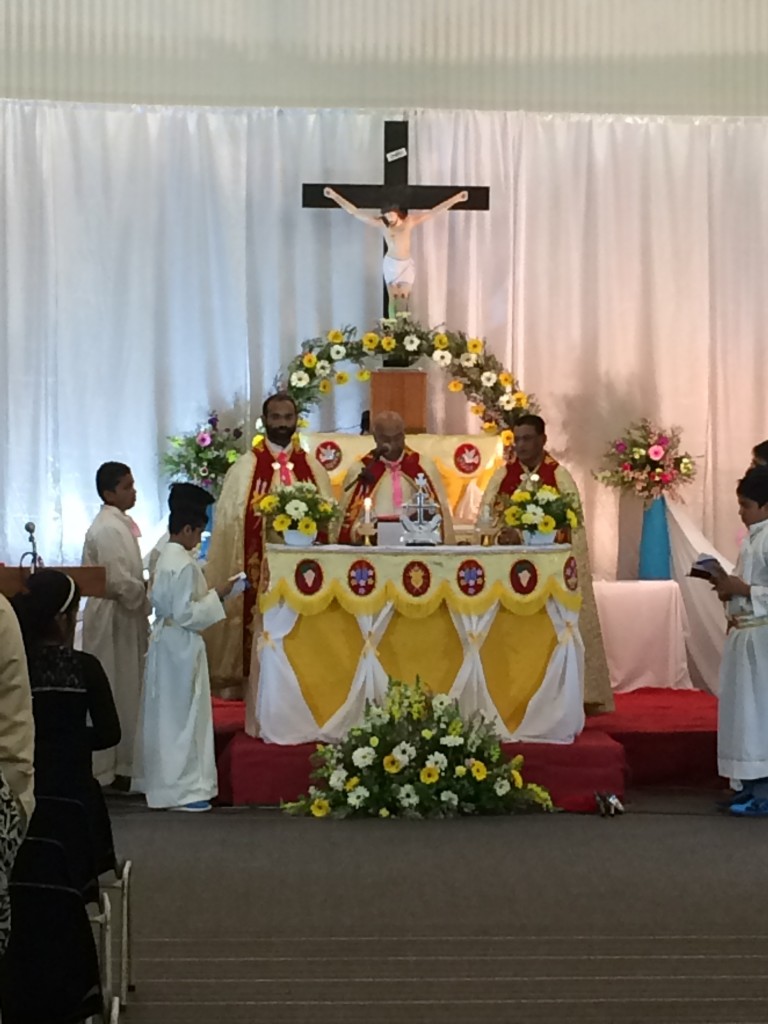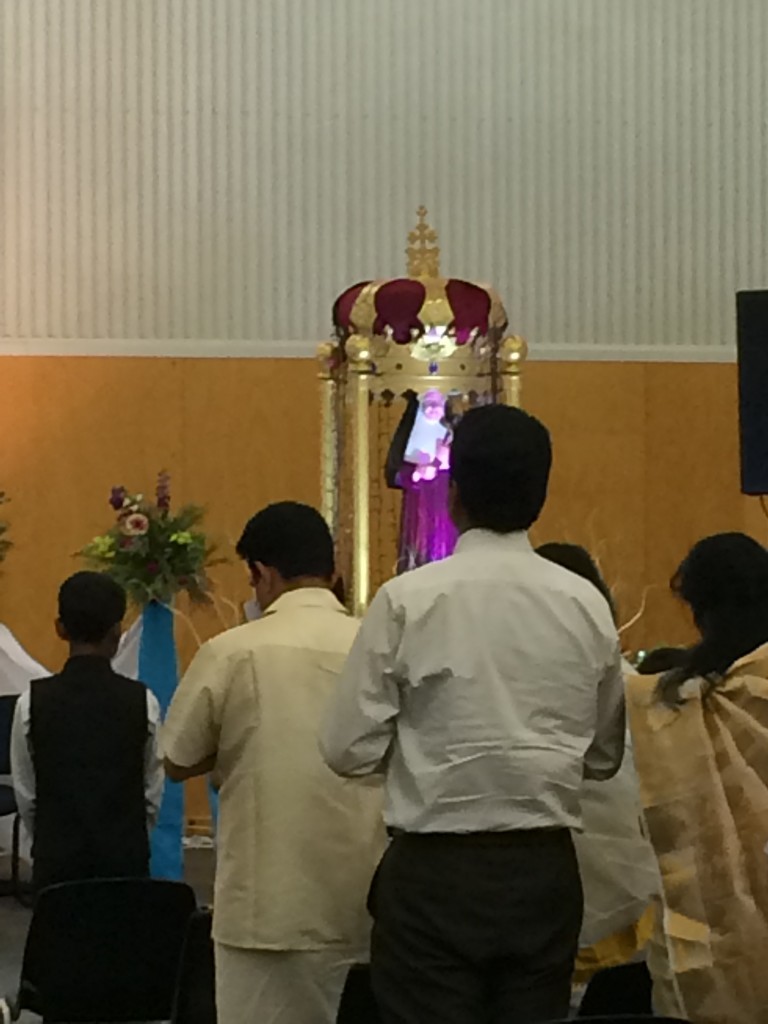In Luke 17:1 Jesus says to his disciples,
“Occasions for stumbling are bound to come but woe to anyone by whom they come.
My interpretation of this scripture is underpinned by two points.The first point is to forgive those people who I believe have undermined by ability to achieve my goals along the way. Too often I can fall into the trap of pointing the finger for my failings on others or circumstances instead of reflecting on my role in the situation.
The second point is not to blame anyone or any circumstance for the challenges I face.I think sometimes it is too easy to believe my lack of opportunities are caused by people or circumstances, rather than the role I may play in that situation. It calls perhaps for me to have a rethink and focus on how I could have made the opportunity a success rather than a challenge.
Hence we are responsible for what we do in our lives. When circumstances don’t favour us we need to be resilient and rise to the next challenge. Furthermore, I can’t afford to play the blame game but try to forgive those who I perceive to have put obstacles in my way so I couldn’t maximise my opportunities. Thus, ultimately, the message I take from the scripture is that I don’t sit in judgement of anyone, only myself.


